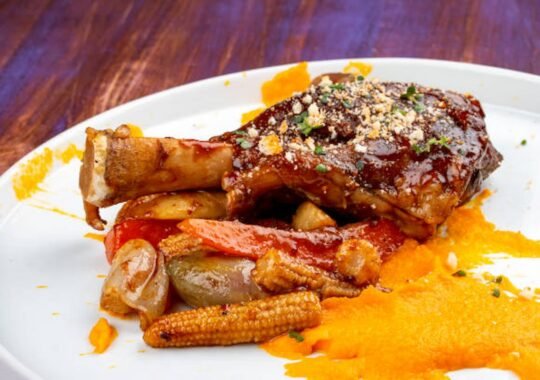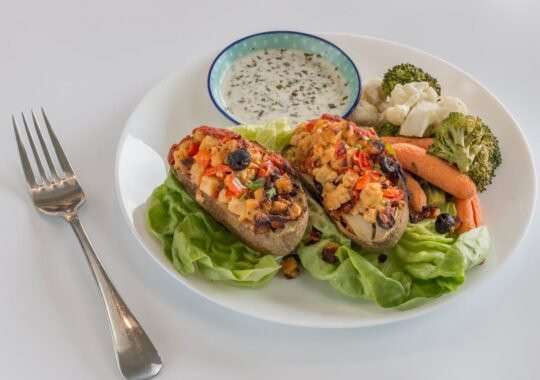While only 3% of the British population are actively vegetarian, a growing number of diners who eat meat and fish at home are choosing to go meat-free when they eat out. This represents a large source of potential income for caterers and wholesale food suppliers.
In recent times, powerful environmental and health arguments have been put forward for cutting down on meat consumption, and it seems the message is filtering through. According to the Vegetarian Society, around 5% of pub and restaurant diners are “occasional vegetarians”; a fact which applies as much to business lunches as it does to evenings out with friends and family. However, many people still suffer from the misconception that vegetarian cuisine is tasteless and boring. Caterers can help dispel this myth by creating healthy and varied meat-free dishes which will encourage consumers to become more adventurous. Those who do this can tap into a market worth potentially £700m a year (Mintel, 2010).
Chefs can come up with exciting new dishes simply by using that familiar caterers’ stand-by: ready-made pastry. Jus-Rol, whose award-winning pastries are widely used in professional kitchens, have encouraged chefs to “think outside the box” by creating meat-free options when using their products, rather than relying on familiar old stand-bys. They point out that consumers are making lifestyle choices at home, including reducing their meat intake, and are actively seeking out exciting new dishes that enable them to enjoy the dining experience while keeping up the good work.
These days, taking a healthy ethical approach to eating doesn’t mean going completely vegetarian. Groups like WWF (the World Wildlife Fund) advocate eating less meat, rather than giving it up completely. To ensure the meat they buy is ethically sourced, caterers should use wholesale food suppliers depicting the Red Tractor logo. This is a guarantee that the food is sourced from British farms with high standards of animal welfare, which meet or exceed legal environmental standards.




